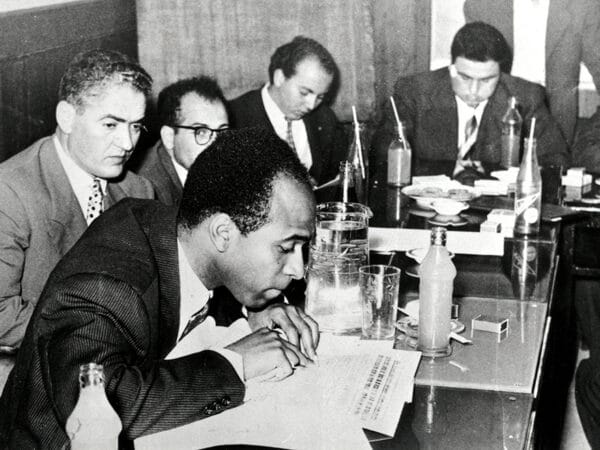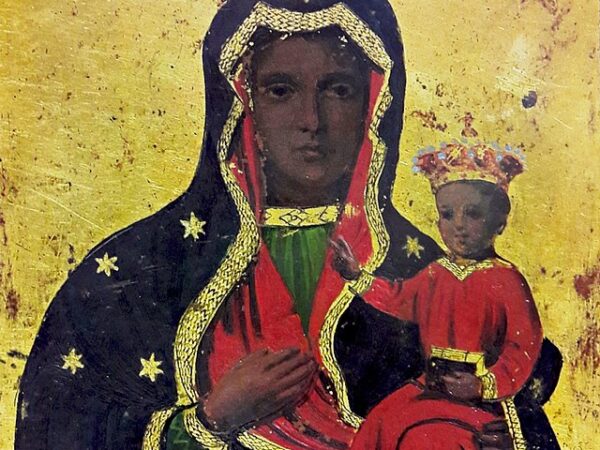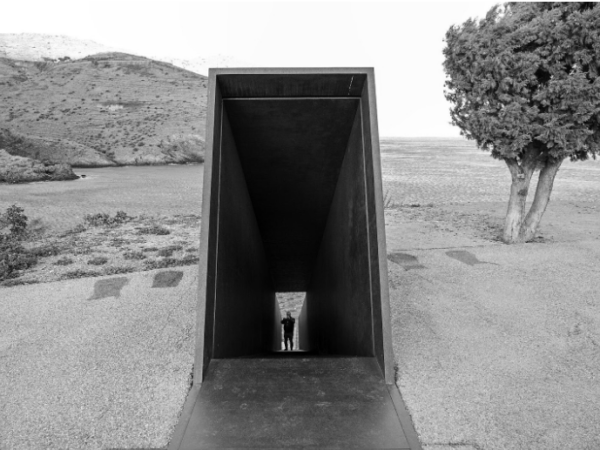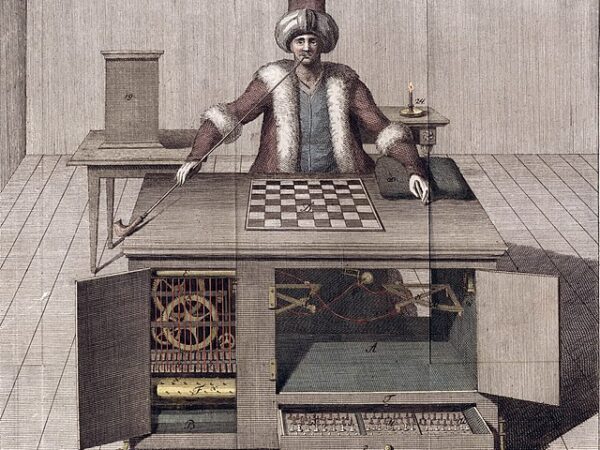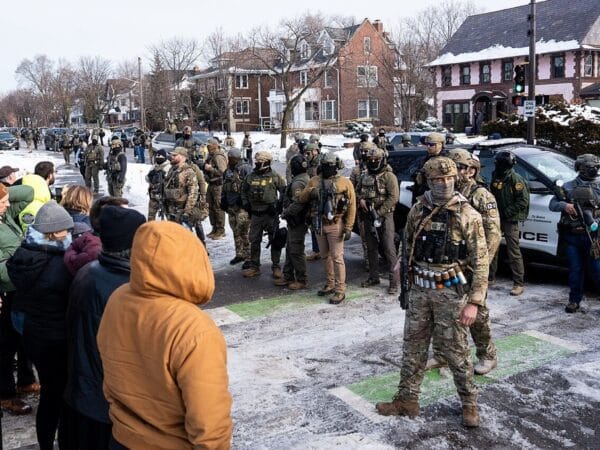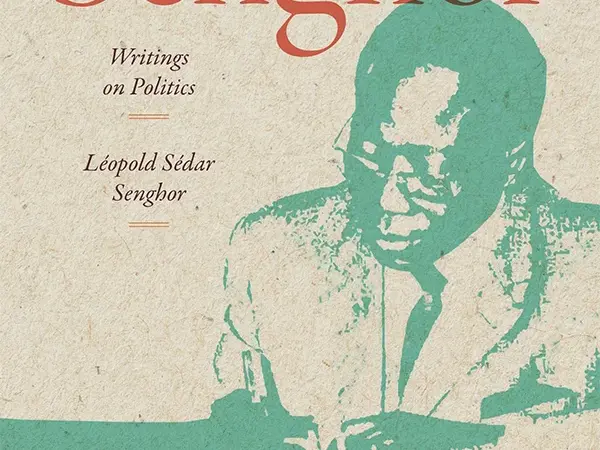
Translating Senghor’s political writings shows the continued relevance of Negritude in the conceptualization of political community in the wake of the encounter between Africa and Euro-America. However, framing the translation, like engaging any of Senghor’s work, ought to pay close attention to his African critics.

Politics does not lie in interruption as such, but rather in a process that includes this transition. This transition does not simply reaffirm the existing logos, but must be able to restructure or modify it significantly each time. From this perspective, Lapidot’s true politics reveals its other name: translation.

As a corrective to their corruption and total misconception of God’s character, Micah puts forth the disposition God requires – the triad to do justice, love mercy and walk humbly with God.

Violence here is not the symmetric flipside of speech. While destroying the semblance of peaceful normality, the violence of Palestinian armed struggle “communicates” on a political and epistemic level: it violently makes violence visible.
